




Your Local Network of A&E Experts
Structures are supported from the bottom up. When you change structure on the top level of your home, it likely affects the structure on each and every level below the renovation.
Our team will determine if a part of your home is structurally sound or not based on the current building code. If not, we can provide you with drawings for the repairs and connect you with a construction team to finish the project.
We are passionate about using kindness and creative engineering and architecture to serve our communities.
What Are Residential Services?
Residential services are any changes to a single family residence or duplex. This can include wall removal, decks, covered patios, additions, remodel, new construction, damaged areas of the house from tree falls or vehicle impacts, kitchen upgrades for stone countertops, re-roofing with heavier roofing materials, or various plumbing and foundation needs.

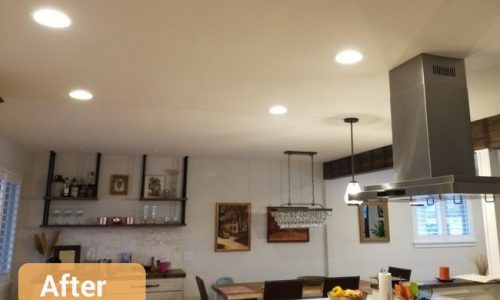
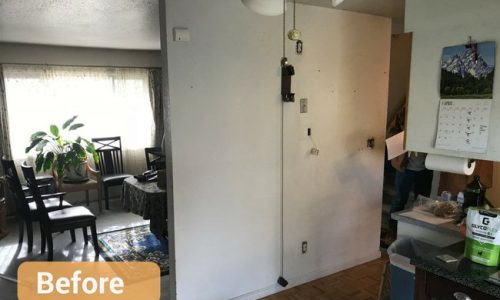
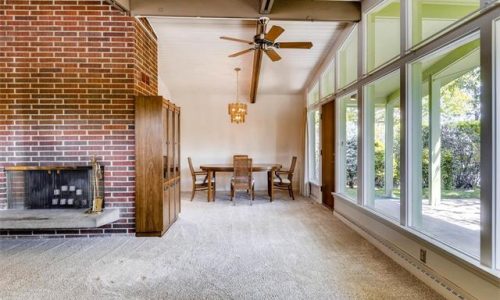
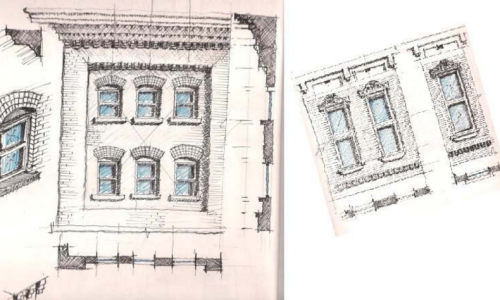
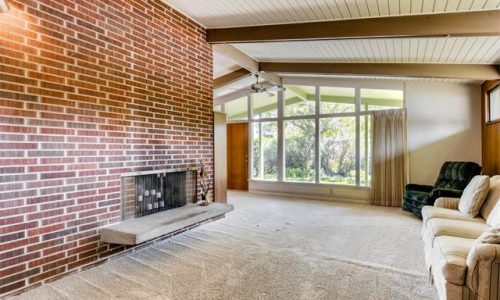

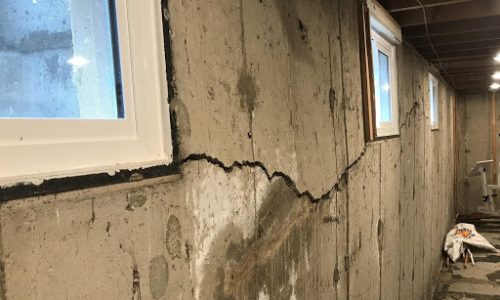
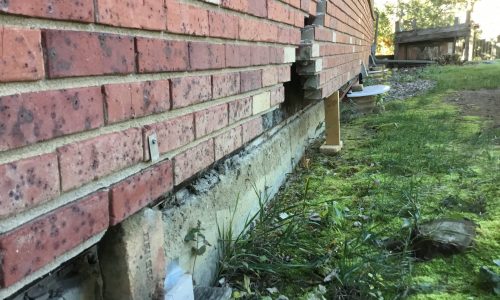
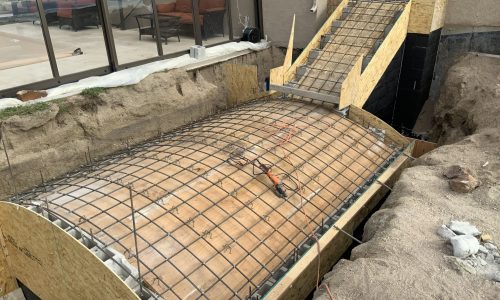
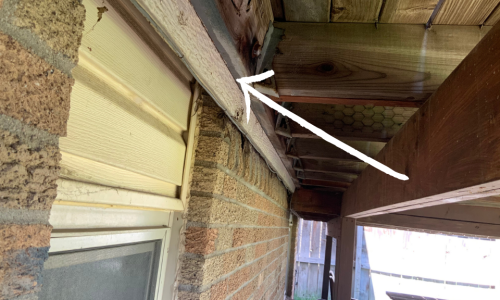
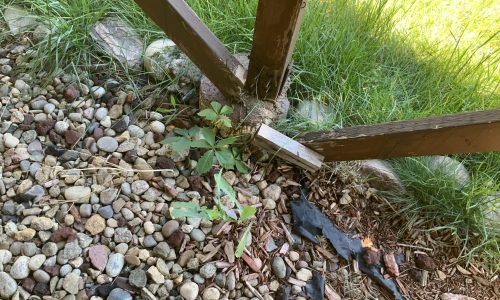

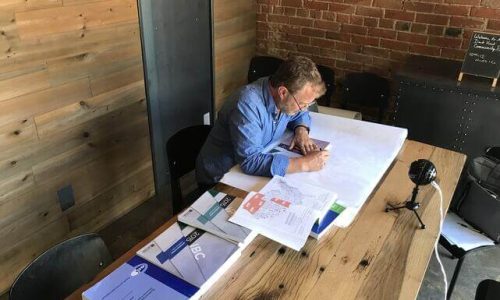
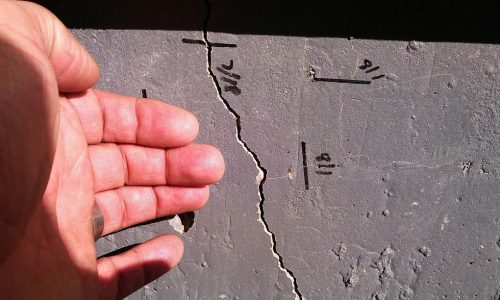
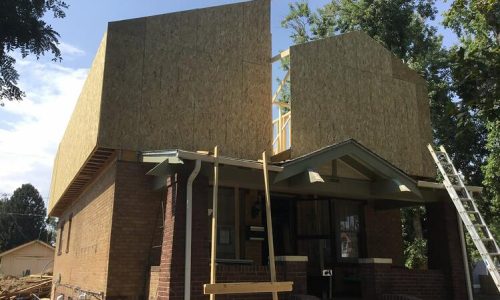
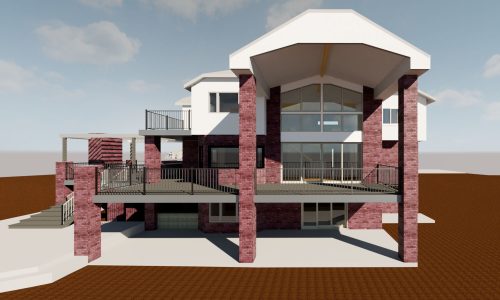
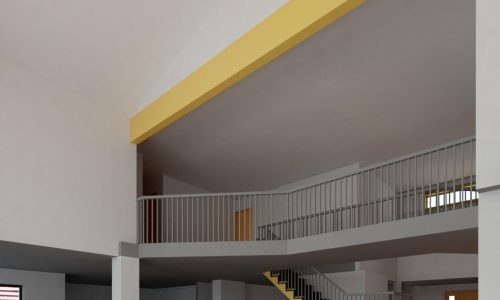




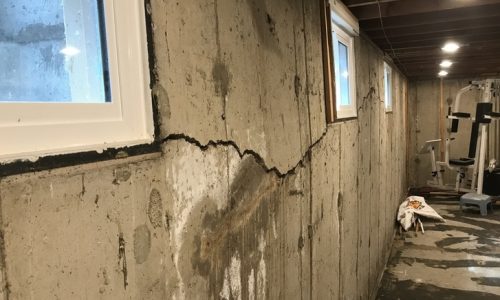

All Residential Services
- Architecture
- BIM (Building Information Modeling)
- 3D Rendering
- Design
- Structural Engineer Home Inspection
- Load bearing wall removal
- Custom Home Design
- New house design
- Additions & Remodels
- Deck & Patio Additions
- Enclosing decks or covered patios.
- Retaining Walls
- Foundation inspection
- Foundation cracking or movement
- Beams and Columns
- Settlement / Erosion
- Owner Representation
- Accidents & Failures
- Shoring plans
- Grading & Drainage Plans
- Garage or ADU additions
- Steel detailing
- Fire Damage
- Roof load calculations
- New construction of garages, houses, retaining walls.
- Evaluation of the current structures
- Evaluation of existing structure for modifications / repairs
- Evaluation of the current structures
- Evaluation of new construction.
- Drywall cracking and doors / windows not opening.
- Adding doors or windows
- Adding square footage to an existing house
- Pop tops (adding a second story on top of the existing house)
- Stairs relocation
- Egress windows
- Roofing Systems / Trusses
- Roof load calculations
- Structural Damage
- Water Intrusion
- Premises Liability
- Private Bridges
- Forensics & Legal
How it Works

Site visit to evaluate current structure or proposed work

Explain the process and the proposed work to be done

If other professionals are recommended we can refer you to them

Provide a letter or drawings for the repairs and define scope of work

Construction observations to ensure integrity throughout the project

With a diverse background and multiple decades of A&E experience, we use engineering analysis of structures and our judgment to create solutions to unique problems.
Projects vary widely in scope. We usually need to evaluate the current home to be able to evaluate the project scope. We meet on-site to inspect an issue and discuss possible solutions or designs to address them. Design is an iterative process, so we continue dialogue with our clients throughout the process as we refine our preliminary design ideas into a final working solution.
FAQ
- Site visit to evaluate current structure or proposed work
- Explain the process and the proposed work to be done
- If other professionals are recommended we can refer our clients to them
- Provide a letter or drawings for the repairs and define scope of work
- Construction observations to ensure integrity throughout the project
When it comes to your home, err on the side of engineering and architecture.
If you’re not sure, have us come to take a look. Most structural projects will require compliance with the city, structural designs, and sound work.
Many issues arise when work is done without engineering or architecture. Save yourself money, time, and stress by reaching out.
Our team will determine if a part of your home is structurally sound or not based on the current building code. If not, we can provide you with drawings for the repairs and connect you with a construction team to finish the project.
Structural engineers analyze, design, plan, and research structural components and structural systems to achieve design goals and ensure the safety and comfort of users or occupants.
Structural engineers analyze, design, plan, and research structural components and structural systems to achieve design goals and ensure the safety and comfort of users or occupants.
When you call our team, we will clarify the details of your project and answer any questions you have before finding a time for one of our experts to come out. Availability varies, so call as soon as you can.
Depends on the project, but can range from a couple of days to a couple of months for custom homes. Depends on the level of complexity involved. Sometimes as early as the same day or during the initial consultation.
Depends on the project. It’s hard for us to know how much it will cost before we see the structure. We will give you the best estimate we can and be transparent throughout the process.
Yes, we actually have a sister company that performs the work. That way, nothing gets lost in translation and work is properly performed by people we trust at the best price.
Reasons To Have a Structural Engineer
Home Inspection:
- Obtaining an Engineer’s Letter of Opinion for the purpose of remodeling or selling your home.
- Getting facts and options regarding your home inspection without potential bias that may exist with various vendors.
- Having a report of findings from a licensed structural engineer when negotiating with insurance companies regarding repairs to your home.
- Obtaining answers to common structural engineering questions that impact your decision making process such as: whether the wall you want to move is load bearing, options regarding egress windows, the source of drainage issues, and more.
- Stamping plans, modification and fixes as required by a municipal building department.
- Investigating cracks in a foundation, foundation repair or restoration, new foundations for homes or remodels, as well as designing foundations for metal buildings
- Providing required Certifications and Forensics Reports
Why do I need a LEVEL A&E Expert?
Homeowners frequently request evaluation of contractor work after their project has been paused due to building permit issues. Typically, the construction was not fully up to code, requiring additional construction costs to bring the project up to code.
These extra costs could have been saved if a structural engineer was consulted first.
We are licensed professionals. We provide stamped letters/drawings for permit submission. We have specific knowledge of the structural components of the structure, not just vertical loading, but also horizontal loading from wind and soil pressure. We then use this knowledge to complete a design for the structure to keep it structurally sound and habitable.
Engineer vs. Architect?
We provide Engineering and Architectural services.
Learn more about our Architecture services here.
What issues can arise if action isn’t taken
Your home is likely your largest asset and the place where you and your family spend the most time. We’ve had many clients who could have saved thousands of dollars if they reached out sooner, so don’t hesitate. We share these to motivate you, not scare you.
- Permanent structural damage.
- Home distress
- Continued movement
- Dangerous conditions
- Additional damage can occur
- Catastrophic failure costing life and property
Mistakes to Avoid
- Not understanding the full scope of work or consequences of inaction
- Getting into projects without careful planning or permitting
- Making modifications or removing structural components without hiring a structural engineer
- In jurisdictions where zoning is required (like Denver), the zoning process, historic evaluation (if required) and other permitting requirements should be evaluated prior to doing the full architectural and structural plans
Level Offices
We come to the site location and have a large coverage area in each city we serve. Give us a call or chat to see if we’re in your area.
Get Started
Fill out the form below and we’ll reach out to you to discuss project details and connect you with your local expert.
Service Pages
Our team typically gets back to you within 1-4 hours.




